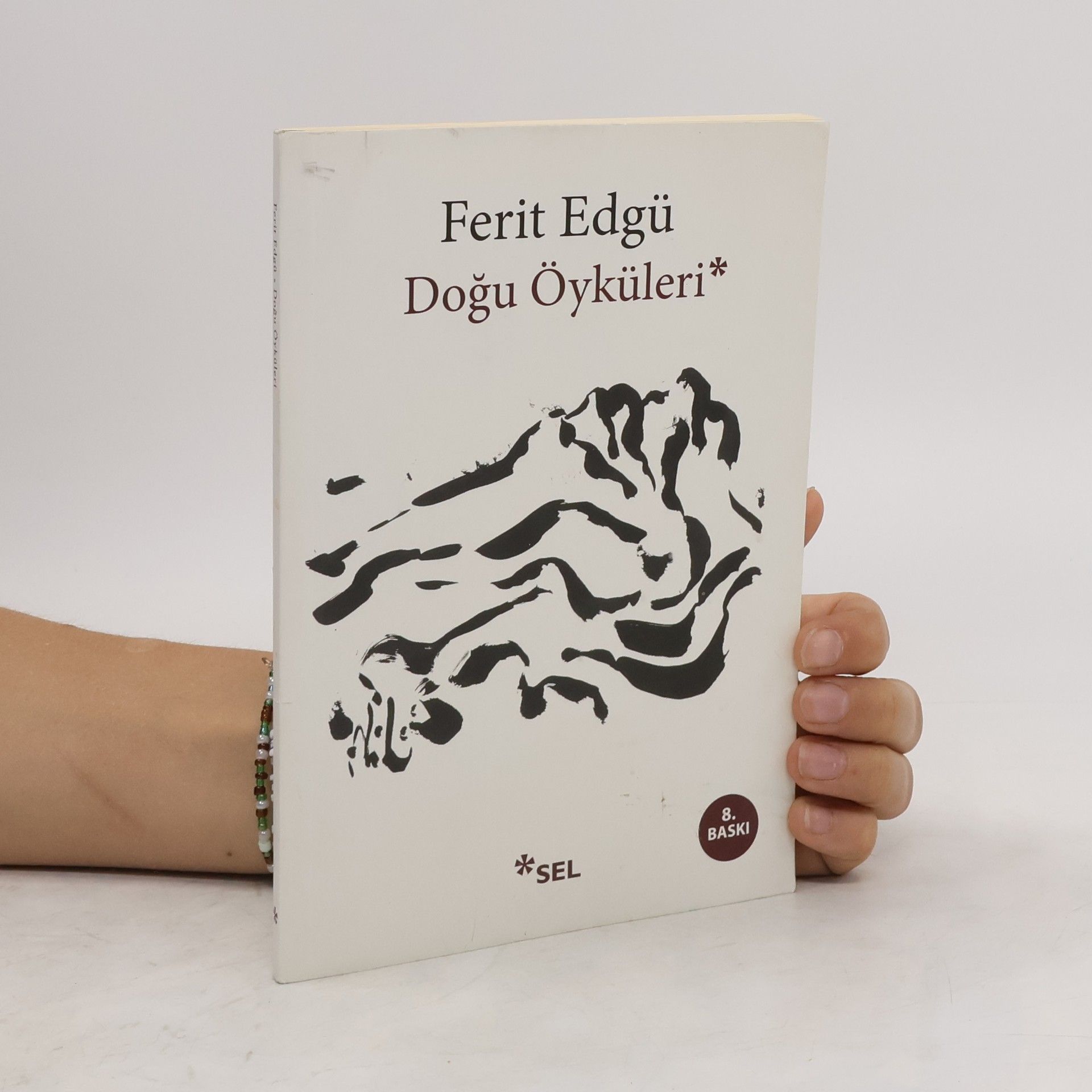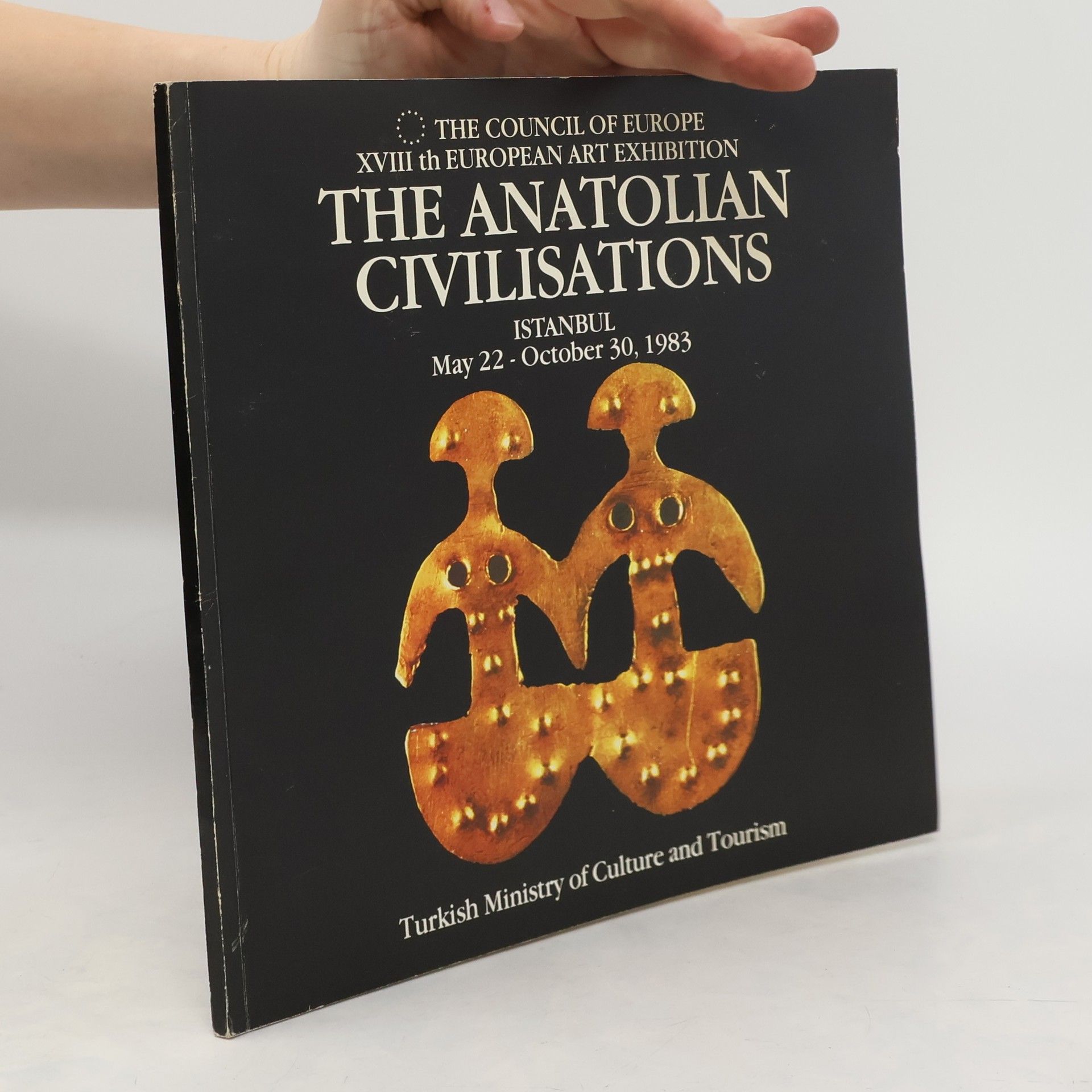One of Turkey's most celebrated writers explores themes of violence, otherness, and exile through a thrilling hybrid of poetry and prose that paints a vivid picture of Turkey's conflict-torn lands. In the two books paired here, translated into English for the first time, the great Turkish writer Ferit Edgü represents complex social and political realities with startling lyricism. The Wounded Age features a newspaper reporter from Istanbul, assigned to write about ethno-national violence in the mountains of eastern Turkey. Like the narrators in Eastern Tales, he is a stranger in a region where a buried history—the state’s violence against Armenians, Greeks, and Assyrians—continues uninterrupted with the subjugation of the Kurds. Language in this place, especially the language of outsiders, cannot be trusted. In the story “Interview,” an old villager tells the narrator, “Make our photograph,” and adds, “Send us the pictures. No need to write us letters.” The minimal tales Edgü tells are vivid pictures of life in the East—a house in ruins, an empty crib, wolves howling in the hills—and transcriptions of living voices. The reporter in The Wounded Age has no illusions that his story will stop the bloodletting; instead, he goes east because he knows he must open his eyes and unstop his ears.
Ferit Edgü Book order (chronological)
This author delves into the human psyche and social dynamics with penetrating insight. Their works are characterized by a poetic language and profound introspection. Through a unique perspective, they reveal the complexities of human existence. Readers appreciate their ability to capture the subtle nuances of emotion and thought.




Bu kitapta yer alan 4 uzun, 17 çok kısa öykü, Doğu'nun kuş uçmaz, kervan geçmez dağlarında geçiyor. Yazar, "Hakkâri'de Bir Mevsim"le başladığı yazın yolculuğunu, çaresiz insanların öyküleriyle sürdürüyor. Yalın sözcüklerle. Duru ama doğurgan imgelerle. Yoğun diyaloglarla. Gerçek bir dil şöleni.
In den äußersten Osten der Türkei wird er als Lehrer geschickt, ins Hochgebirge zwischen Felsen und Schluchten, ohne Straße und Strom. Die Menschen sprechen eine fremde Sprache, gehen barfuß im Schnee, und noch kein Städter hat es bisher geschafft, einen Winter lang ihr Leben zu teilen. Er steht vor einer Welt voller Rätsel und Schweigen. Sein Wissen, seine Erinnerungen, all das, was er mitgebracht hat, macht ihn nur einsam und verloren. Doch allmählich taucht er ein in diese Realität jenseits all dessen, was er Zivilisation nannte. Als der Winterschnee schmilzt und man ihm mitteilt, er könne wieder gehen, wohin er wolle, hat er vergessen, daß dieser Ort sein Gefängnis war. Der Lehrer hat manches gelehrt. Aber vor allem hat er gelernt: Wie die Wölfe in die Dörfer kommen und man sich bei minus 25 Grad mit dem eigenen Atem am Leben erhält. Wie man alle Säuglinge sterben sieht, ohne den Verstand zu verlieren, wie man Leid klagt und Geschichten erzählt. Er hat gelernt, wie man es schafft, die Stimmen der Stille und der Hilflosigkeit zu hören.
The Anatolian Civilisations
Istanbul, May 22-October 30, 1983